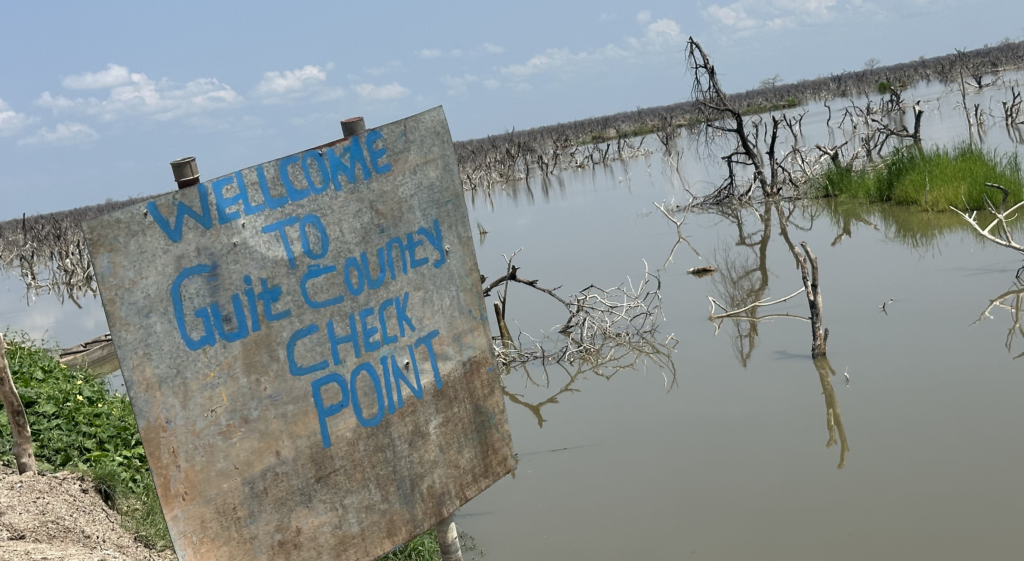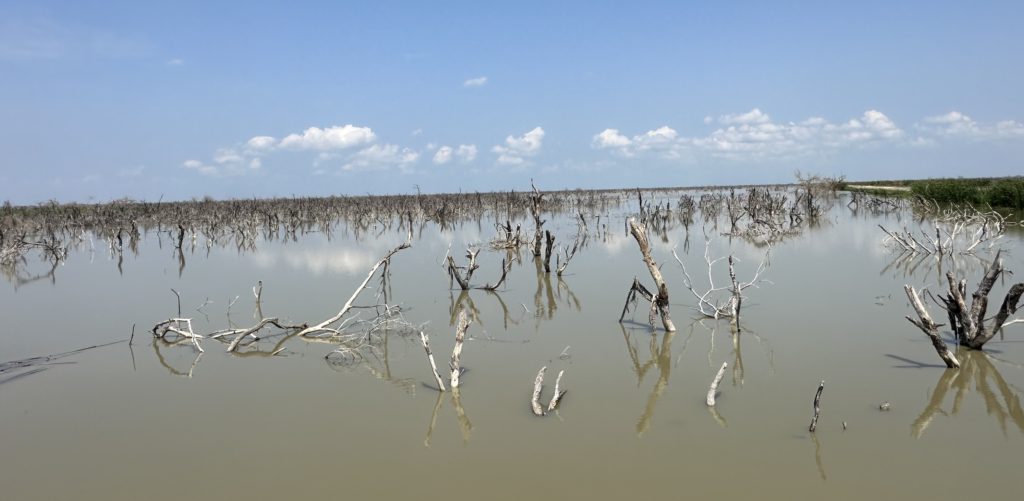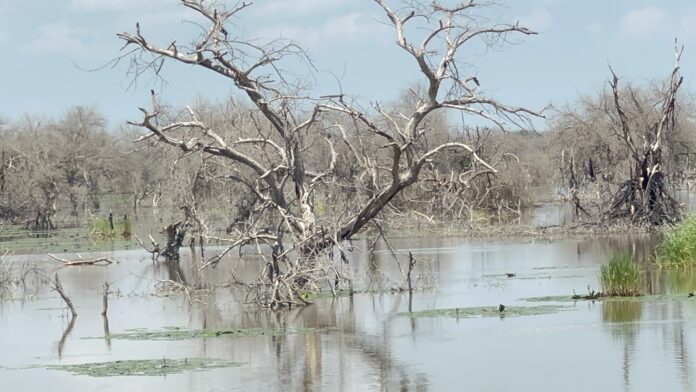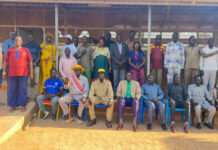The persistent flooding in Unity State, South Sudan, has led to severe deforestation, with trees wilting after prolonged exposure to water, becoming firewood rather than thriving ecosystems.
While the devastation of these recurrent floods impacts human lives and livelihoods, the environmental consequences are also profound, adding to the region’s challenges.
Unity State, rich in oil resources, is now facing an unexpected environmental crisis caused by the persistent floods. Deforestation has intensified as trees, submerged in water for extended periods, are either dying off or being harvested for firewood.
This ongoing environmental degradation worries local communities, who fear that once the floods subside, the trees may not regenerate, leaving the area permanently scarred.
Environmental Impact and Livelihood Concerns
A national journalist Chuol Jany researched the environmental effects of flooding in Unity State, highlighting the significant challenges faced by affected communities.
These challenges not only include immediate threats to health, safety, and livelihoods but also extend to long-term environmental damage. The loss of trees exacerbates soil erosion, reduces biodiversity, and diminishes natural barriers that can help mitigate future floods.
James Gatloth, a resident of Koch County, expressed deep concern about the widespread deforestation. “Many trees have not sprouted a single green leaf since the floods hit. The situation is alarming because once the floods recede, it will be hard to regrow the trees,” Gatloth said.
He emphasized that while most people focus on saving human lives and livestock, trees are also vital for preserving the environment. “Forests play a crucial role in maintaining the ecosystem, and we are losing that protection with every flood.”
Gatloth urged the government to step in and create policies to safeguard forests, like the existing bans on cutting down trees, which the community has adhered to. “If we can respect a ban on cutting down trees, we can find ways to protect them during floods,” he suggested.
Floods Fueling Firewood Businesses
In Guit County, Martha Nyagai, a mother of four, has found a way to turn the environmental devastation into a livelihood. Nyagai has been collecting the damaged trees for firewood and selling them in Bentiu town. She explained that trees standing in water eventually dry out, and many people have failed to utilize them effectively. “When the floods destroyed the trees, people didn’t think to use them, so I started collecting the firewood,” Nyagai shared.

Her firewood business, which began in 2023, has flourished despite initial skepticism from the community. Using a motorbike, known locally as “Recha,” she transports large quantities of firewood to Bentiu, where it has become a valuable resource for residents.
“At first, people didn’t see the value in what I was doing, but now many have joined me, and we’re making a living from it,” Nyagai added.
While Nyagai’s firewood business has been a personal success, it also underscores the broader challenge Unity State faces. The fact that trees are being harvested for firewood rather than conserved for reforestation highlights the pressing need for long-term environmental strategies.
As Nyagai’s business grows and residents like Gatloth call for more attention to the environment, there is a clear need for a coordinated response that integrates both immediate relief and long-term environmental sustainability. Without such an approach, Unity State risks losing not only its natural resources but also its ability to recover from the ongoing floods.

A Call for Government Action
The situation in Unity State highlights the urgent need for the government and environmental organizations to step in. Strategies to combat deforestation, such as afforestation projects and flood management systems, must be prioritized.
Additionally, residents like Gatloth and Nyagai stress the importance of empowering communities with the knowledge and tools to protect their environment, even during natural disasters.
In the face of climate change and recurring floods, Unity State’s environmental future hangs in the balance. The loss of trees and the degradation of forests could have long-lasting effects on the region’s ability to recover and thrive. Protecting the environment must become as central to disaster response as saving human lives if the state is to rebuild and strengthen its resilience for future challenges.





